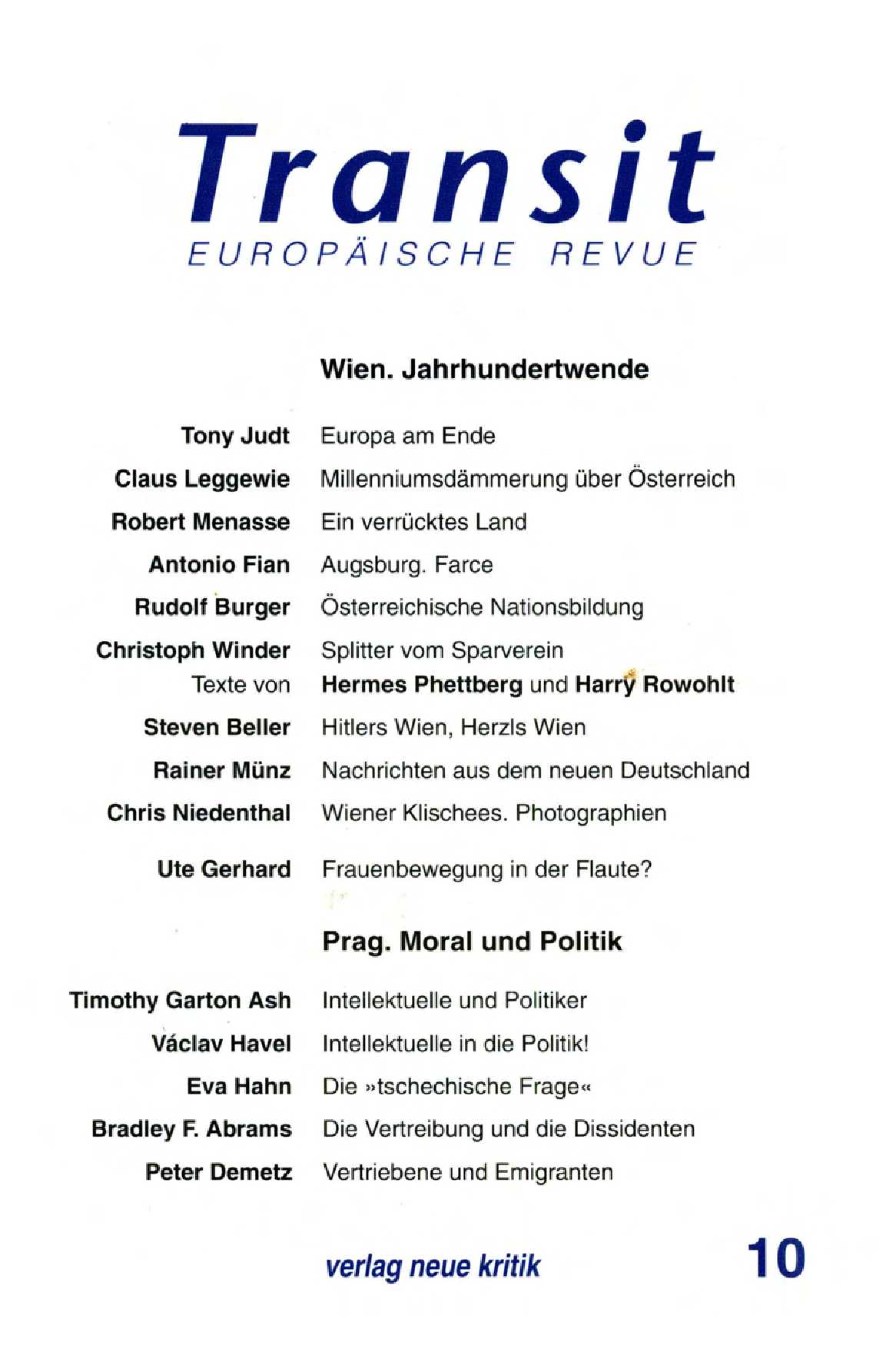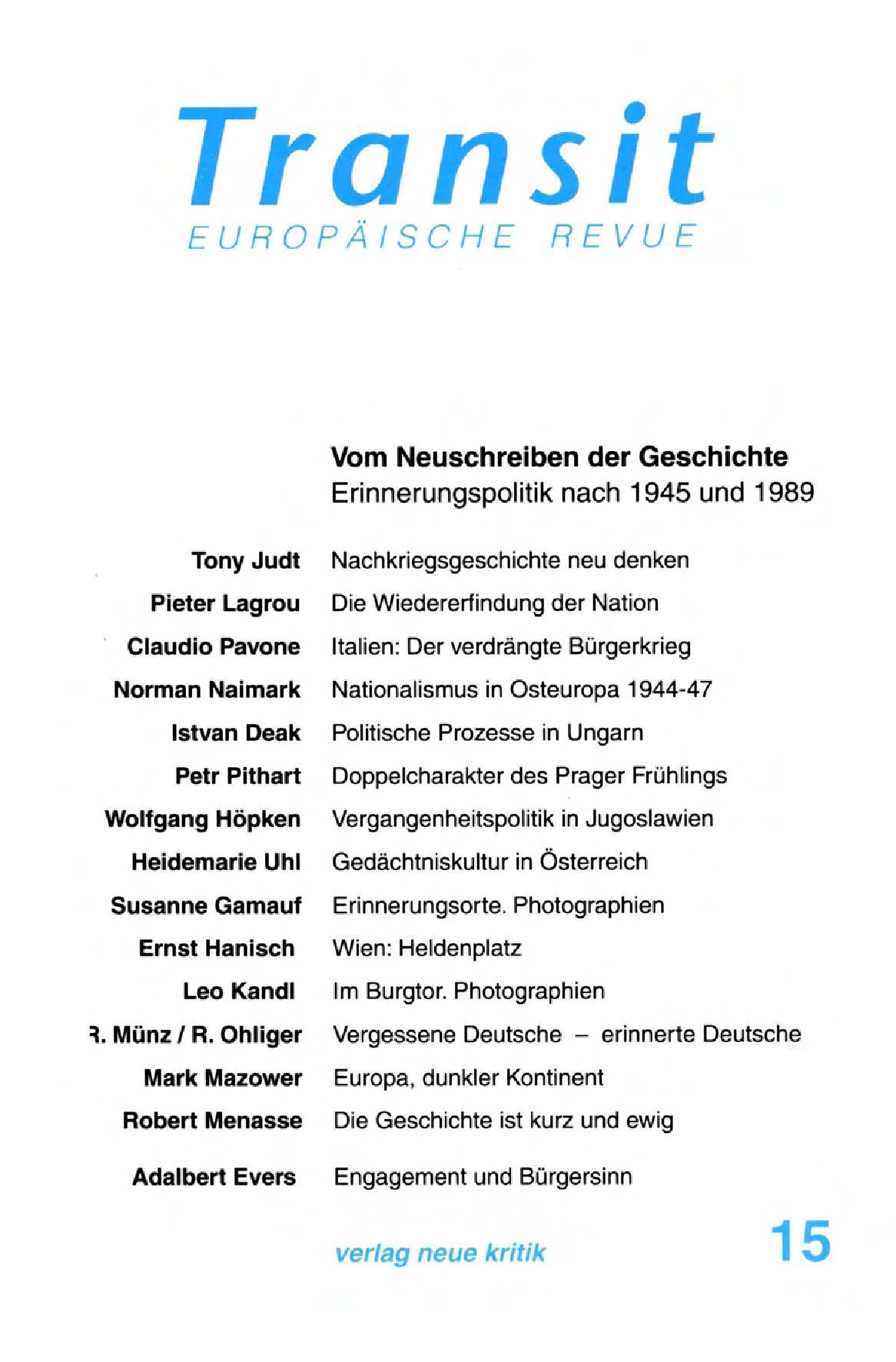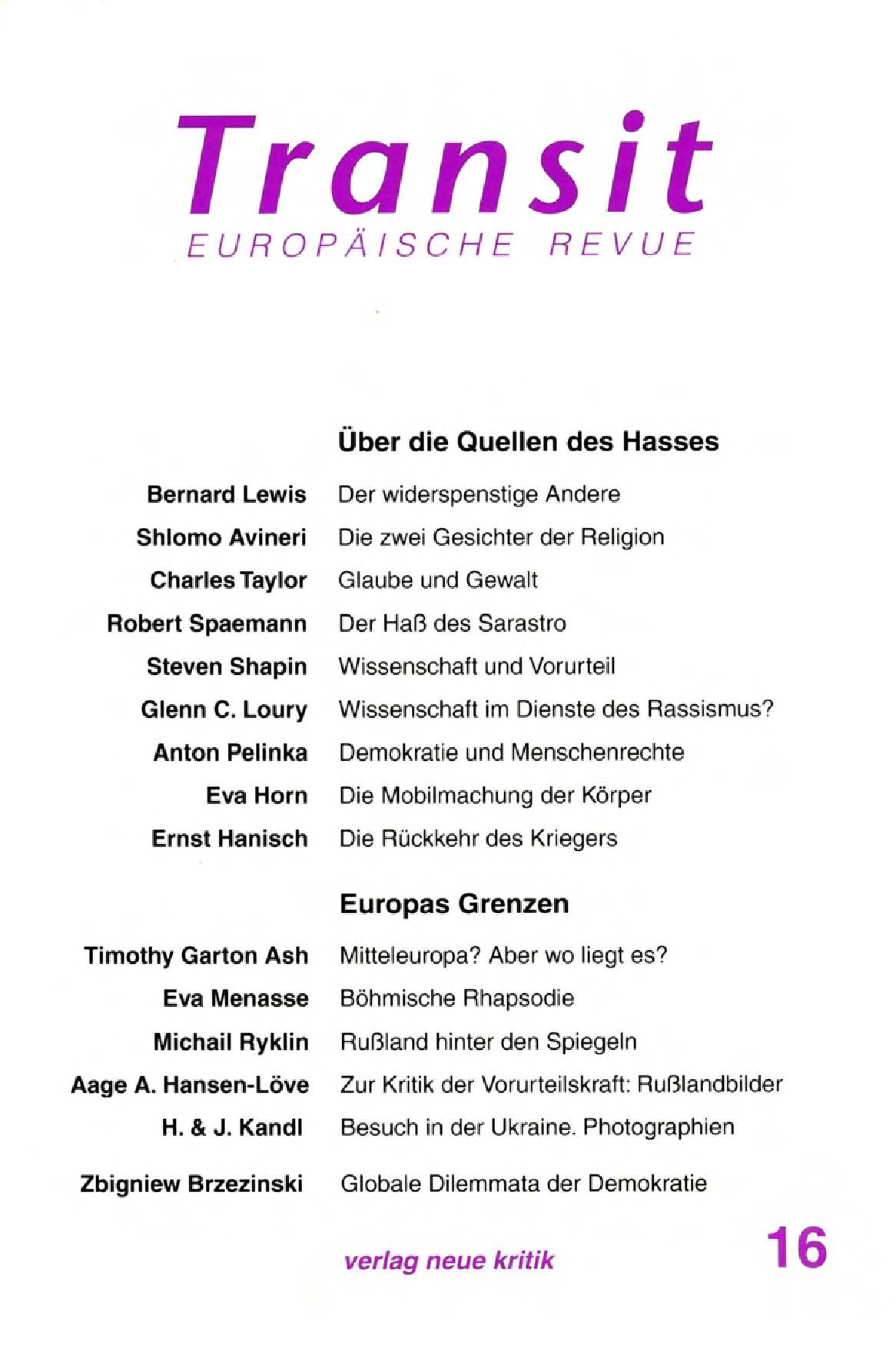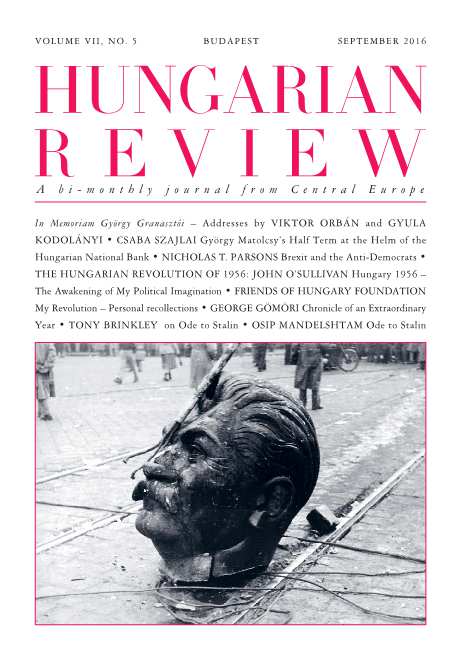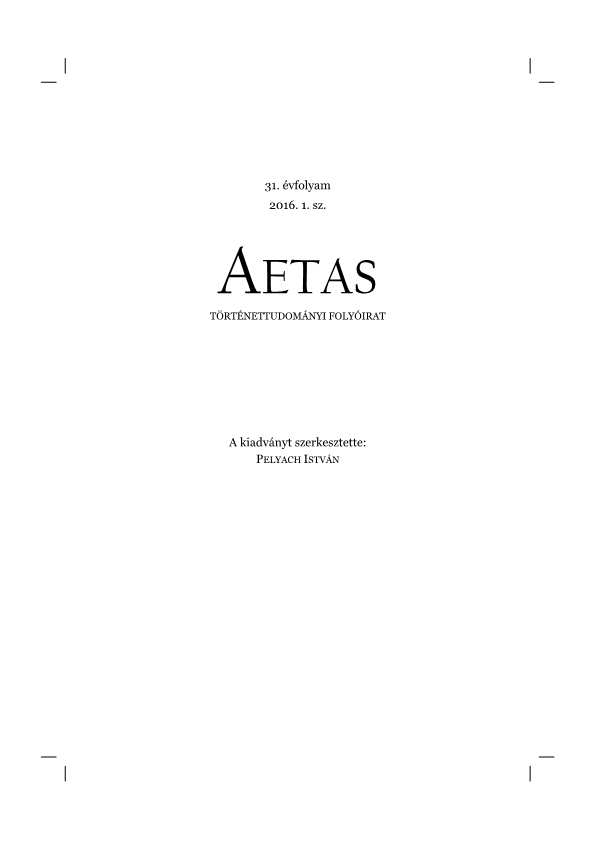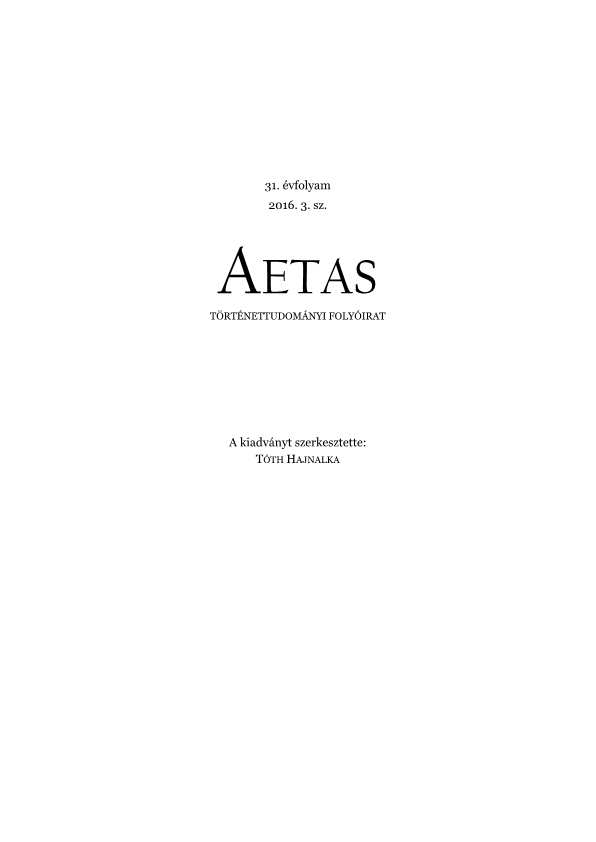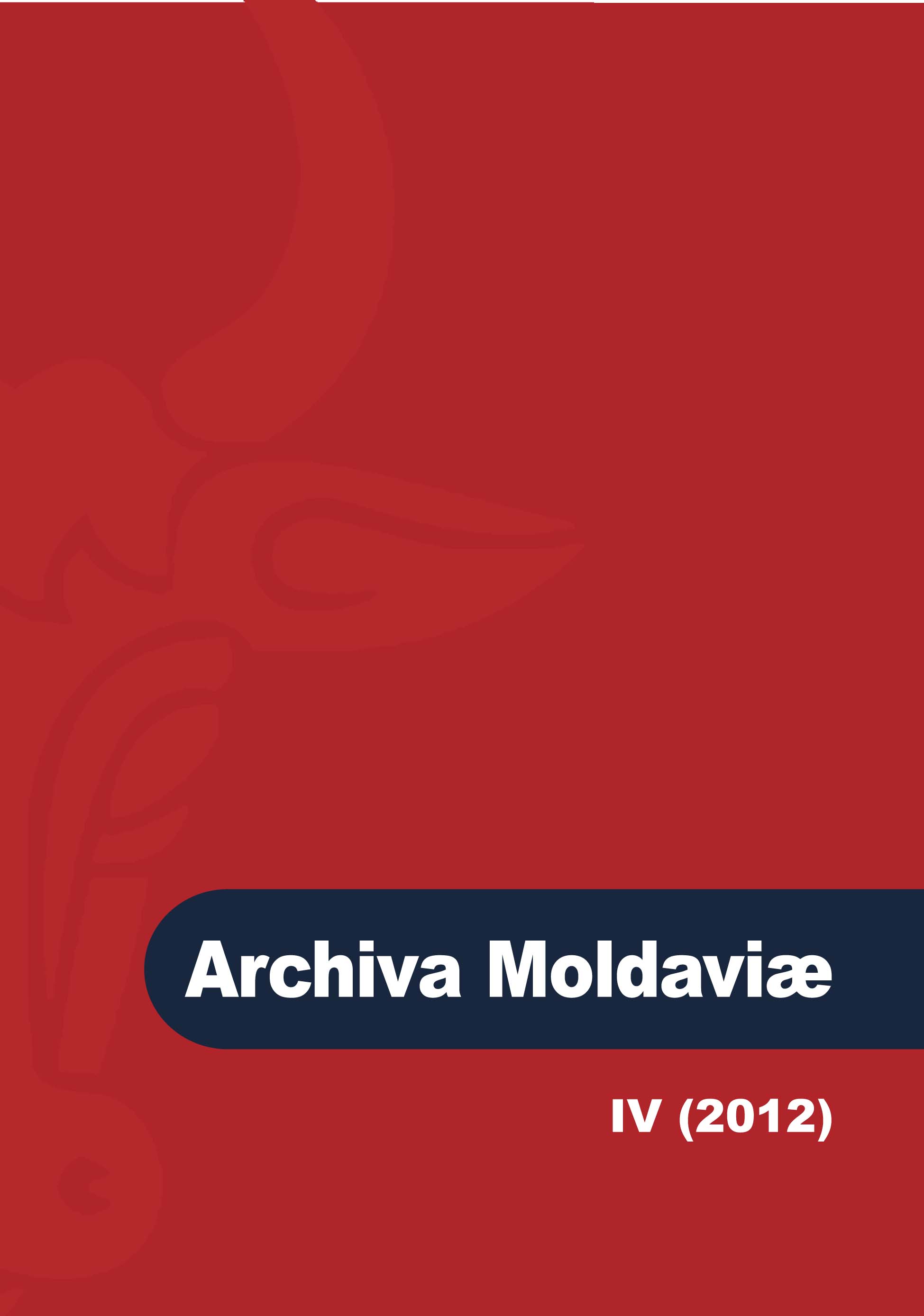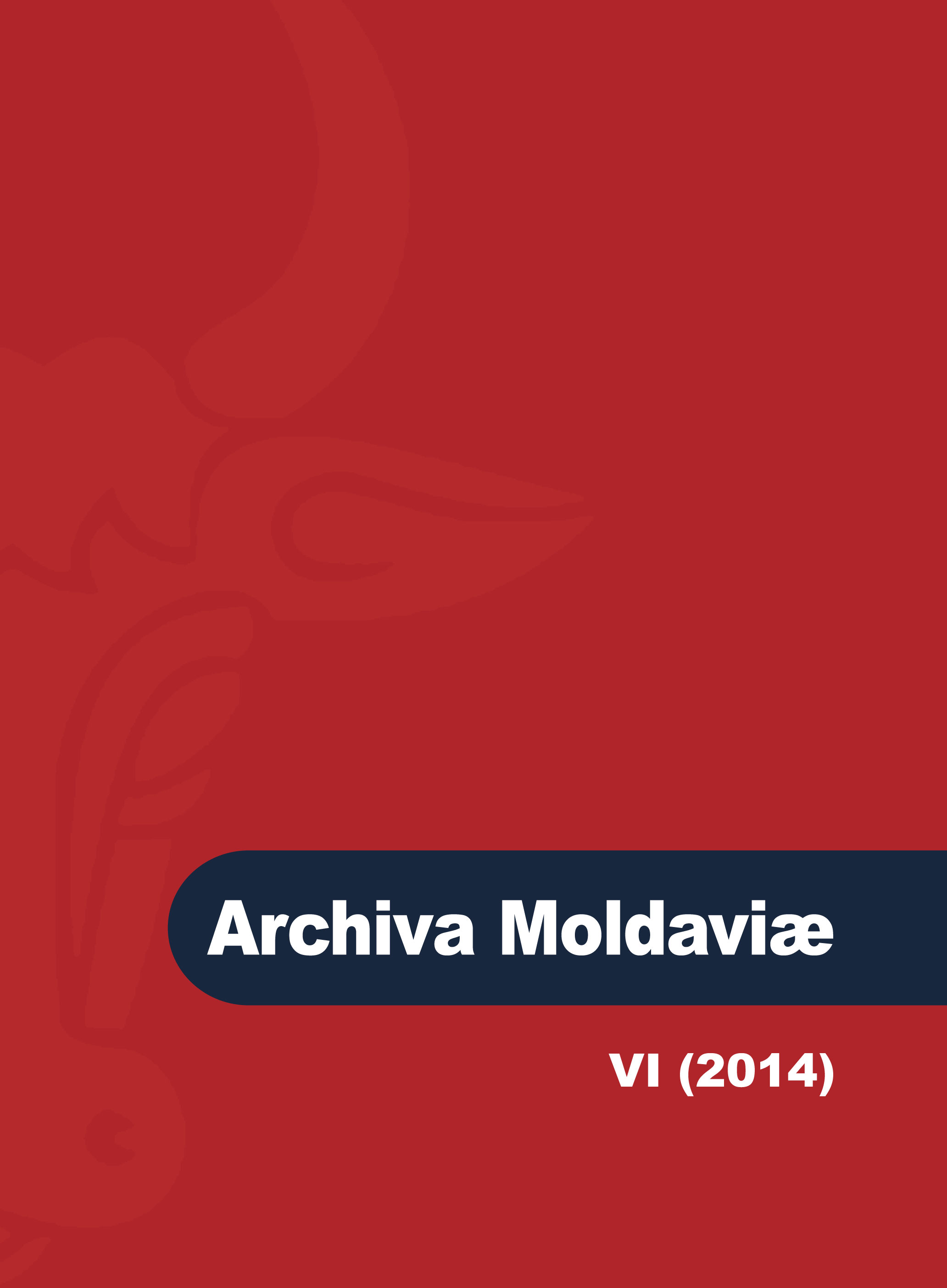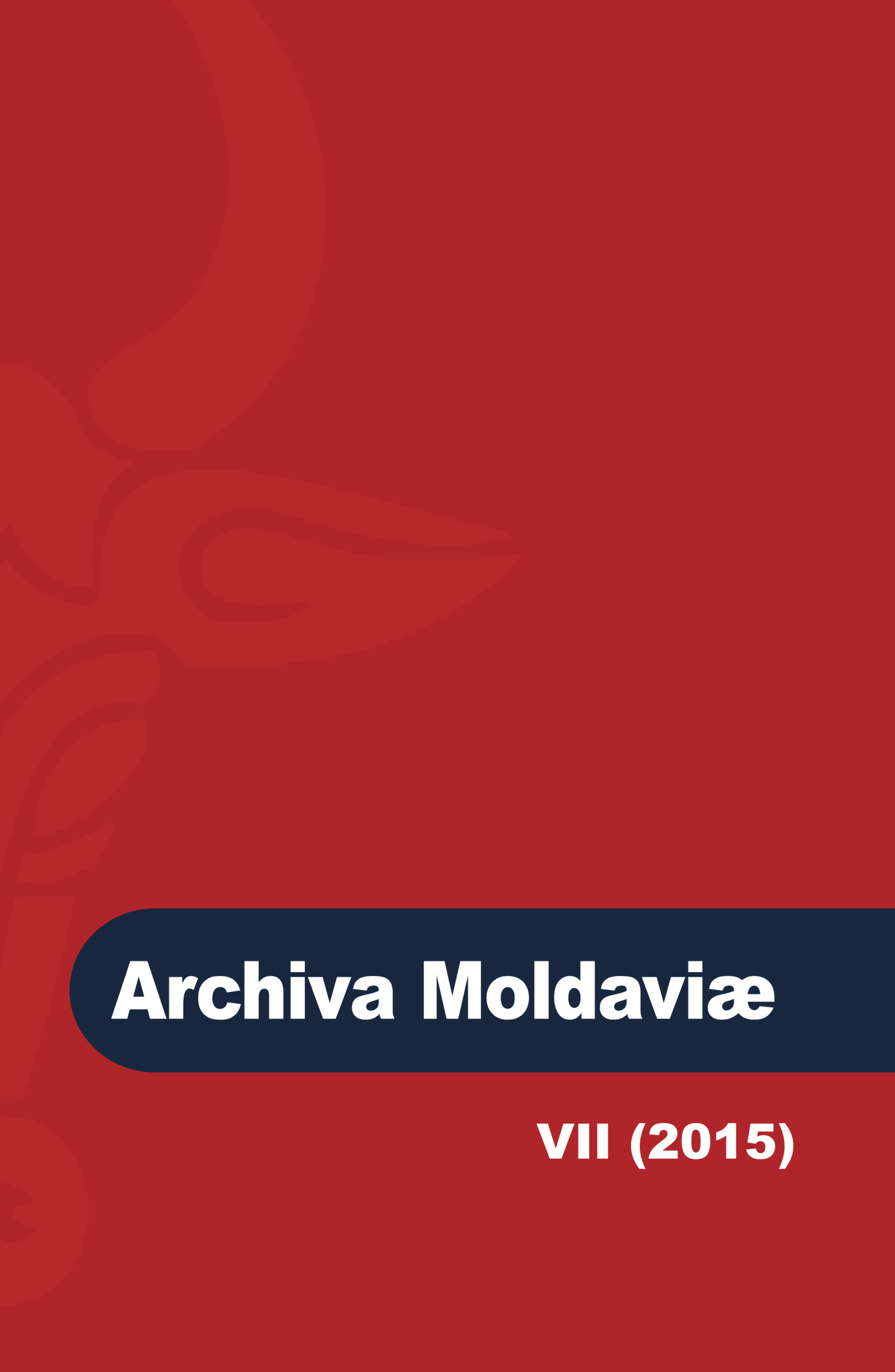Author(s): Mihnea Berindei / Language(s): Romanian
Issue: 8/2016
On December 9, 2011 Mihnea Berindei held a conference at the Center for Studies on Communism and Post-communism, in Iași, about the Romanian anti-communist exile in West, particularly in Paris. The author left Romania in 1970 and was involved since 1977 in monitoring the respect of human rights, and in helping those who dared to oppose the communist regime in the native country. Berindei was well informed about what happened in the Romanian democratic circle from Paris, as he had close contacts with Virgil Ierunca, Monica Lovinescu, Marie-France Ionescu, Eugene Ionesco, Dumitru Țepeneag, Maria Brătianu, Sanda Stolojan, Mihai Korne, and Vlad Georgescu, among others.
The Romanian exiles and their French supporters founded various organizations, such as The French Committee for Human Rights, converted into The League for Human Rights in Romania, which gave them a certain force, mobilization capacity and credibility in France and abroad. Romanians living in Paris established ties with French intellectual circle, including academics specializing in Romanian Studies (Catherine Durandin, Claude Karnoouh, Gilles Veinstein, Anne Planche, Alain Paruit Herskovits), but also prominent intellectuals (Alain Besançon, Emmanuel Le Roy Ladurie, Alain Touraine, Claude Bonfois, Leonard Finis, Louis Aragon, Roland Barthes, Simone de Bouvoire, Pierre Dex, Jean-Marie Domenach, Pierre Emanuel, Claude Gallimard, Roger Garaudy, Jacques Le Goff, Claude Mauriac, Edgar Morin, Serge Moscovici, Kostas Papaïoannou, Claude Roy, Jean-Paul Sartre, Laurent Schwartz, Philippe Soler, Paul Thibault). Some of these personalities were active in organizations in favor of the exile, others signed letters to respect human rights in Romania. They also established contacts with journalists from different French newspapers („Le Monde”, „Le Figaro”, „Les Temps modernes”, „Le Cotidiene de Paris”, „L'Express” etc.), with posts Western radio (especially Free Europe, and Radio France Internationale, BBC), with organizations in defense of human rights (Amnesty International), with French politicians, with Czechoslovak exiles and dissidents (Antonin Lim, Jerzj Pelikan, Karel Bartosek), Polish (Jacek Jan Kuroń, Adam Michnik, Alexander Smolar, Severin Bernstein, Krzystof Pomian, George Mink, Bronisław Geremek), Hungarians (Peter Kende, István Kemény, Ákos Ditrói, François Fejtő), and Russian (Natalya Gorbanevskaya, Vladimir Bukovski, Viktor Feinberg, Leonid Pliusci). The East-Europeans exiles established journals which reported cases of dissent and anti-communist protest„L’Alternative” (1979-1986), „L’Autre Europe” (1986) and „La Nouvelle Alternative” (1985).
The actions of the Romanian exile in Paris played a key role in publicizing cases of dissent in Romania, which was probably the most effective form of protection for those concerned (for example, Paul Goma, Vasile Paraschiv, Mihai Botez, Doina Cornea, Gabriel Andreescu, Dan Petrescu, Dorin Tudoran, Radu Filipescu, Gheorghe Calciu Dumitreasa, Attila Ara-Kovács, Géza Szőcs) helped to raise awareness of cases of collective protest (the Jiu Valley, 1977; Motru, 1981; Braşov, 1987), and the enhancement of the Opération Villages Roumains in 1988-1989. The Role of group of Romanian exiles in Paris was essential in changing the perception of Western public opinion on the nature of the communist regime in Romania.
More...

